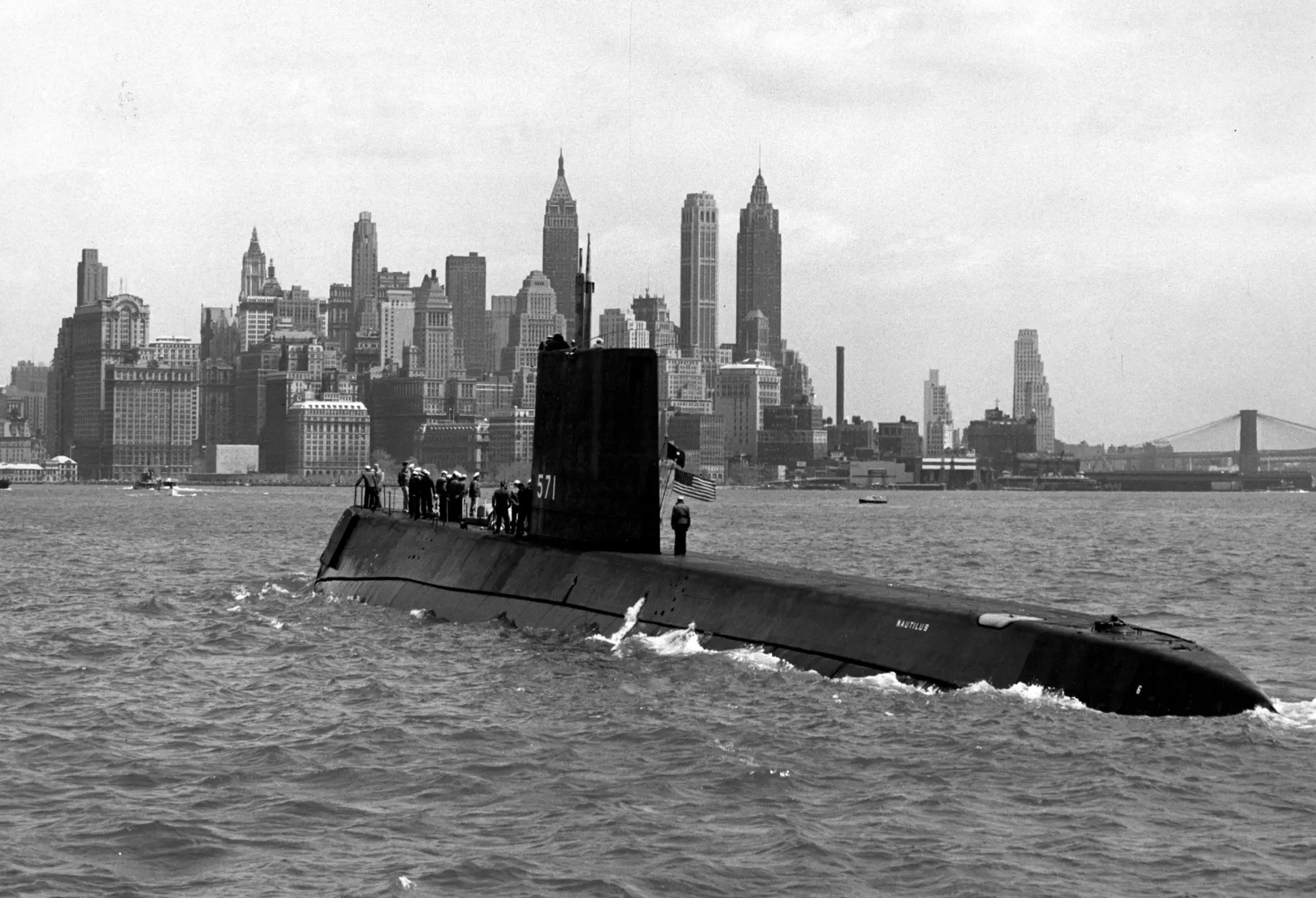
The main use of nuclear energy is the generation of electrical energy.
However, there are many other applications in which nuclear technology is used directly or indirectly.
By working with different isotopes of the same element, nuclear technology can be used for other applications in various fields.
The main uses of nuclear energy are the following:
1. Electricity generation
The most important and well-known use of nuclear energy is the generation of electricity in nuclear power plants.
After World War II, nuclear reactors were given a new use: generating electricity from the nuclear fission of uranium atoms.
A nuclear power plant is a facility capable of converting the atomic energy contained in uranium atoms to generate electricity. The process to obtain this conversion is the result of a thermodynamic and mechanical process. Uranium is one of the most unstable elements on the periodic table of elements, making it ideal for this purpose.
At first, the nuclear reactor generates fission reactions of the uranium atomic nuclei, emitting a large amount of thermal energy. With all this heat energy, high-pressure steam is obtained to drive the steam turbines of the plant. In this way, mechanical energy is obtained to power the electrical generator and convert the kinetic energy of the shaft into electrical energy.
2. Industrial processes
Nuclear technology acquires great importance in the industrial sector. In particular, it is used in:
-
Development and improvement of processes.
-
Measurements.
-
Automation.
-
QA.
It is used as a prerequisite for the complete automation of high-speed production lines. This technology is applied to process research, mixing, maintenance and the study of wear and corrosion of facilities and machinery.
Nuclear technology is also used in the manufacturing of plastics and in the sterilization of single-use products.
3. Military weapons and development of atomic bombs
A weapon is an instrument used to attack or defend oneself. Nuclear weapons are those weapons that use nuclear technology.
 The origin of the development of nuclear energy occurred during World War II with war objectives. After a warning from Albert Einstein, the president of the United States began what would be called the Manhattan Project. The goal of the project was to develop the atomic bomb.
The origin of the development of nuclear energy occurred during World War II with war objectives. After a warning from Albert Einstein, the president of the United States began what would be called the Manhattan Project. The goal of the project was to develop the atomic bomb.
Depending on the role that nuclear technology has in the weapon, two types of nuclear weapons are differentiated:
-
Nuclear weapons that use nuclear energy to explode, as would be the case of the atomic bomb.
-
Applications that use nuclear technology to propel themselves. This second category includes cruisers, aircraft carriers, submarines...
4. Nuclear medicine
One of the most important applications of nuclear energy after electricity generation is its use to treat and diagnose diseases: nuclear medicine.
Ionizing radiation allows images of the interior of patients to be obtained, helping to diagnose diseases. These radiations are also used to treat diseases such as cancer since they have the ability to destroy tumor cells.
One in three patients who attend a hospital in an industrialized country receives the benefits of some type of nuclear medicine procedure.
Some examples of the use of nuclear medicine are:
-
Use of radiopharmaceuticals
-
Techniques such as radiotherapy for the treatment of malignant tumors
-
Use of teletherapy for cancer treatment
-
Radiological biology that allows medical products to be sterilized.
5. Agriculture and pest control
The application of isotopes to agriculture has made it possible to increase agricultural production in less developed countries.
Nuclear technology is very useful in:
-
Insect pest control
-
Maximum use of water resources
-
Improvement of crop varieties
-
Establishment of the necessary conditions to optimize the effectiveness of fertilizers and water.
6. Food
Regarding food, nuclear techniques play a fundamental role in food preservation.
The application of isotopes allows the preservation of food to be considerably increased. Currently, more than 35 countries allow the irradiation of some foods.
7. Environment
The application of isotopes allows us to determine the exact quantities of polluting substances and the places where they occur, as well as their causes.
Furthermore, electron beam treatment reduces the environmental and health consequences of the large-scale use of fossil fuels.
The use of nuclear energy contributes more effectively than other techniques to solving problems such as the greenhouse effect and acid rain.
8. Other uses of nuclear energy
Nuclear energy is also used in dating archaeological elements. This process is possible thanks to the fixation properties of the carbon-14 isotope to bones, wood or organic waste.
It is also used in Geophysics and Geochemistry. These sciences take advantage of natural radioactive materials to set the dates of rock, coal or oil deposits.
Other uses of nuclear technology occur in disciplines such as hydrology, mining or the space industry.



